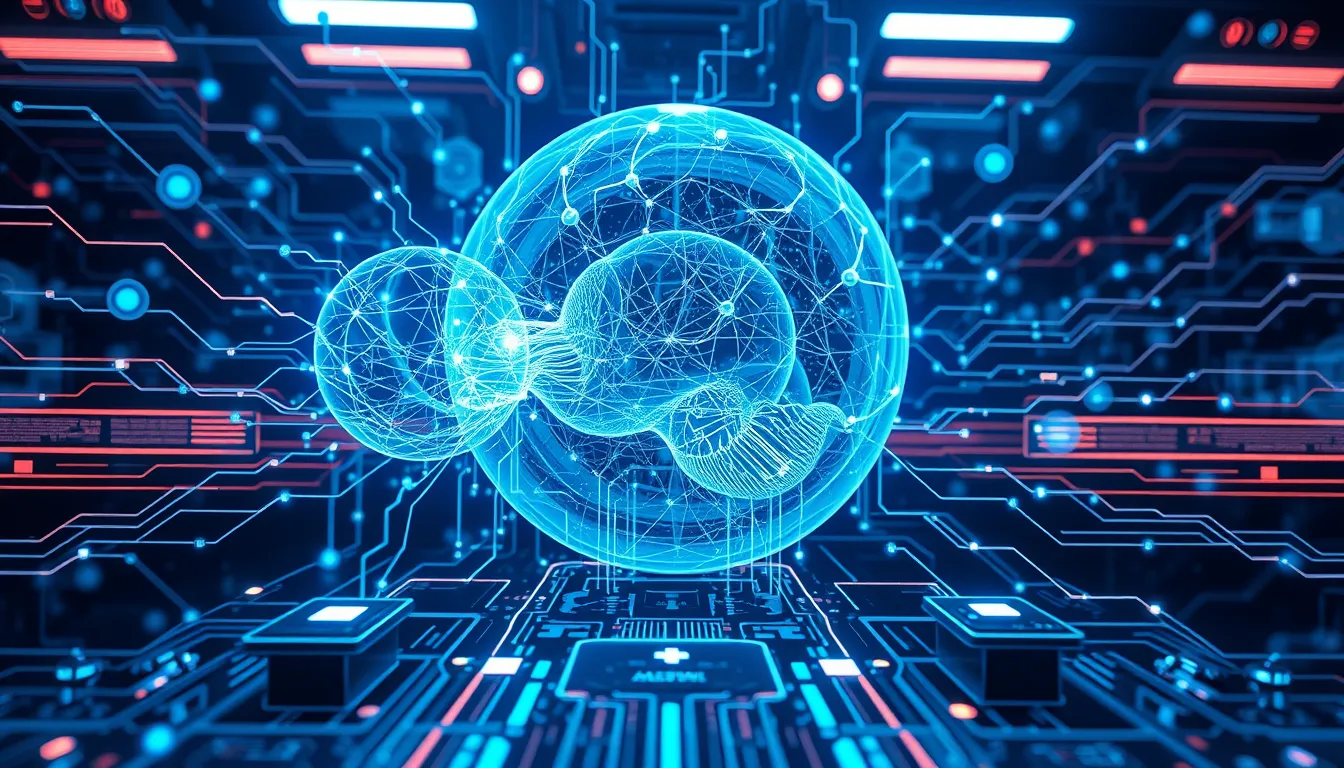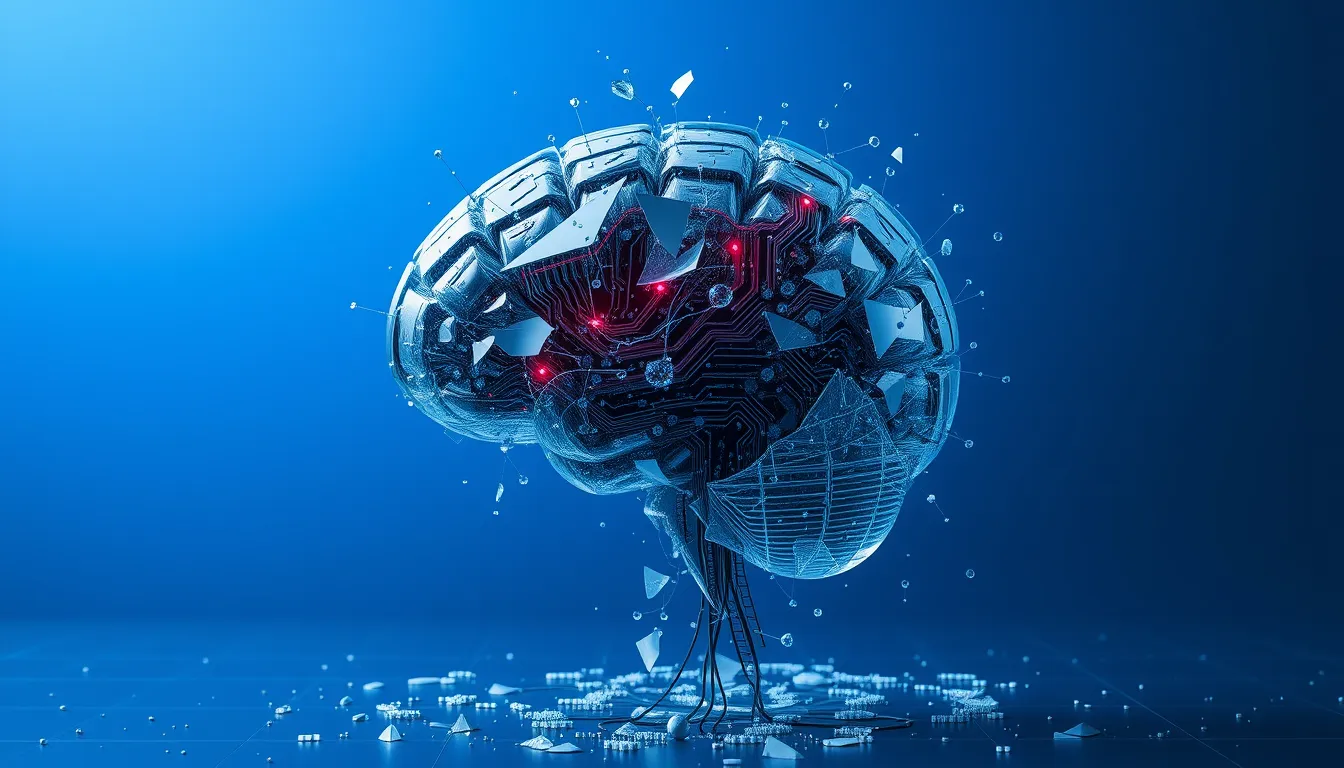Now Reading: Powerful AI in Healthcare Diagnostics: Boosting Patient Care
-
01
Powerful AI in Healthcare Diagnostics: Boosting Patient Care
Powerful AI in Healthcare Diagnostics: Boosting Patient Care

Powerful AI in Healthcare Diagnostics: Boosting Patient Care
Introduction
The integration of artificial intelligence in the medical world is reshaping the landscape of patient care. With the focus on AI in healthcare diagnostics, modern medicine is experiencing unprecedented advancements in imaging, disease prediction, and patient treatment. In this article, we explore how AI transforms diagnostic processes, enhances medical imaging, and improves overall patient outcomes.
The Role of AI in Healthcare
Artificial intelligence in healthcare is not just a trend; it is a revolution. By leveraging machine learning algorithms and data analytics, AI offers precise diagnostic capabilities. As primary keywords like “AI in healthcare diagnostics” and “AI diagnostics” become integrated into clinical practice, healthcare providers are witnessing faster and more accurate disease detection.
How AI Improves Diagnostic Accuracy
One of the key benefits of deploying AI in healthcare is its ability to improve diagnostic accuracy. Here’s how:
- Enhanced Medical Imaging: AI algorithms analyze medical images with exceptional detail, pinpointing anomalies that might be missed by the human eye. For example, AI medical imaging tools assist radiologists in identifying early signs of cancers and other critical conditions.
- Faster Analysis: AI drastically reduces the time taken for image analysis, which is crucial during emergency situations. This efficiency can translate into swift medical interventions and better patient outcomes.
- Data-Driven Insights: AI systems process large volumes of patient data, including historical records and genetic information, to provide comprehensive diagnostic insights.
The Impact of AI Disease Prediction
Beyond diagnostics, AI has a significant role in disease prediction. With the use of long-tail keywords like “how AI improves diagnostic accuracy” and “challenges of AI in healthcare,” the current landscape is clear: data-driven predictions enable clinicians to foresee potential health risks. Key benefits include:
- Early Detection of Chronic Diseases: AI-powered models predict the onset of chronic illnesses by analyzing risk factors and genetic predispositions. This proactive approach is critical for early intervention.
- Personalized Treatment Plans: By understanding a patient’s unique profile, AI aids in creating tailored treatment plans that maximize the chances of recovery.
- Predictive Analytics: Healthcare providers utilize AI to predict epidemic outbreaks and seasonal trends, thereby preparing better resources and strategies for managing public health crises.
Real-World Applications
Several healthcare institutions have successfully integrated AI into their diagnostic procedures. For instance, organizations like the World Health Organization (WHO) have highlighted the significance of AI in modern healthcare. Visit the official website at WHO for more insights into global health initiatives.
Moreover, research conducted by institutions like the Centers for Disease Control and Prevention (CDC) emphasizes how AI models are used to monitor disease outbreaks and improve patient care. These collaborative efforts between technology and healthcare are continuously pushing the envelope, making diagnostics more accurate and treatment more effective.
Challenges and Future Directions
Despite its many benefits, the implementation of AI in healthcare diagnostics does face obstacles. Some of the challenges include:
- Data Privacy and Security: Handling sensitive patient information requires robust security measures to prevent data breaches.
- Integration Costs: The initial cost of deploying cutting-edge AI technology can be high for smaller healthcare facilities.
- Regulatory Compliance: Ensuring that AI systems adhere to medical and ethical standards is imperative for widespread adoption.
Looking ahead, the future of AI in healthcare diagnostics is promising. Continuous research and collaboration between tech companies and medical institutions are paving the way for innovative solutions. Upcoming breakthroughs in machine learning and data analysis will likely address these challenges by making systems more secure, cost-effective, and ethically sound.
Conclusion
AI in healthcare diagnostics is more than just a technological upgrade—it is a fundamental change in how patient care is delivered. With enhanced medical imaging, precise disease prediction, and real-time data analysis, AI is setting new standards for medical diagnostics. As the field evolves, its benefits will extend to all facets of healthcare, ultimately boosting patient outcomes and saving lives. Embracing this technology today promises a healthier, more efficient tomorrow.
Call to Action
Healthcare providers, policymakers, and tech innovators should work together to harness the full potential of AI. By addressing the challenges, investing in research, and upholding ethical standards, we can ensure the successful integration of AI in healthcare diagnostics. Stay informed about the latest advancements by visiting trusted sources like WHO and CDC.
In summary, adopting AI in healthcare diagnostics not only promises enhanced accuracy and efficiency but also fosters an era of personalized and predictive medicine. The benefits span across improved patient care, reduced healthcare costs, and a more resilient healthcare system. The future is here, and it is powered by AI in healthcare diagnostics.

























